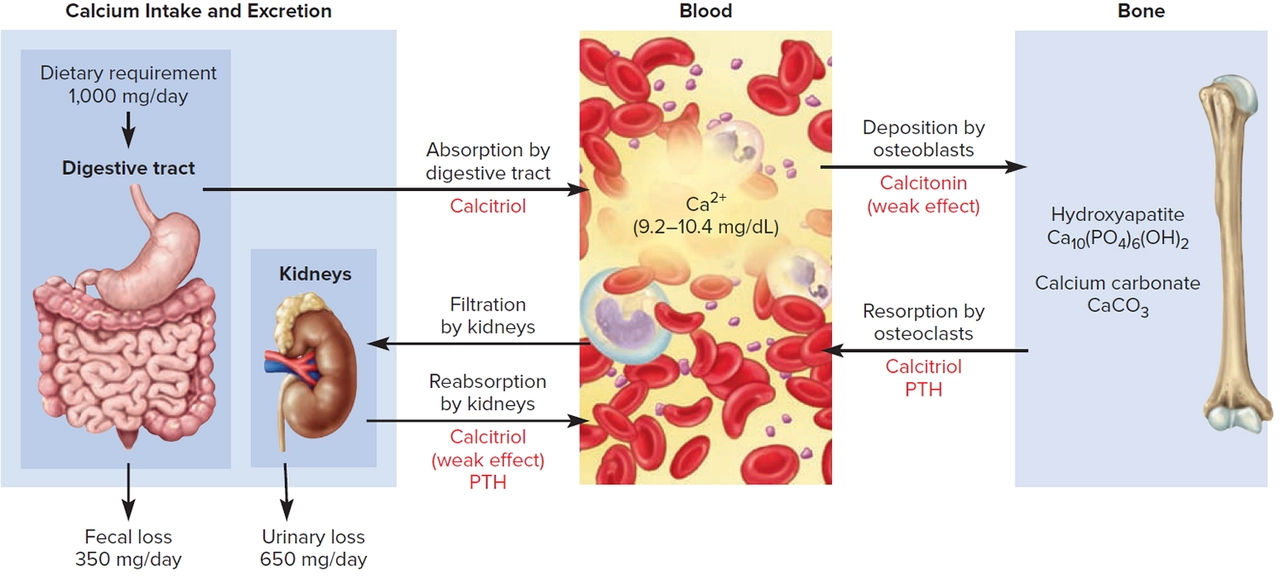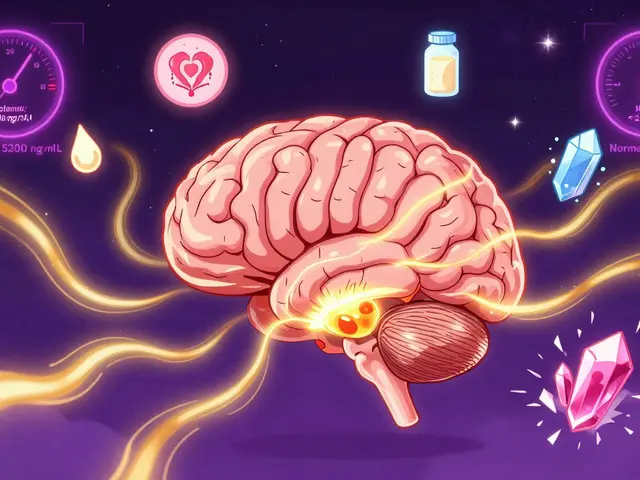Mineral absorption: how to get more from food and supplements
Minerals like iron, calcium, magnesium and zinc matter a lot. You can eat healthy and still miss out if your body doesn’t absorb them. Here are clear, practical tips to improve mineral uptake and avoid common traps.
Iron is one of the most misunderstood minerals. Heme iron from meat absorbs best. Non‑heme iron from plants absorbs less but pairs well with vitamin C. Add citrus, bell pepper or a small glass of orange juice to plant‑based meals to boost iron absorption. Avoid tea, coffee and high‑fiber grain meals at the same time—tannins and phytates reduce iron uptake.
Calcium absorption depends on dose and timing. Your gut takes in calcium better in amounts under 500 mg at once. If you need higher daily doses, split them into two or three servings. Dairy, fortified plant milks and leafy greens are good sources. Be cautious taking calcium at the same time as iron supplements — they compete. If you take both, separate by at least two hours.
Magnesium and zinc also have timing rules. High‑dose zinc can lower copper and iron absorption if used long term. Magnesium pills taken with food often cause fewer stomach issues and absorb well. Certain diuretics and some medications can increase magnesium or potassium loss—check with your clinician if you take blood pressure drugs or heart meds.
Medications and supplements: smart timing
Some drugs change how minerals are absorbed. Proton pump inhibitors (like esomeprazole) reduce stomach acid and can lower absorption of magnesium, calcium and iron over time. Antacids with aluminum or magnesium bind phosphate. Antibiotics such as tetracyclines and fluoroquinolones bind to calcium, iron and magnesium—take these antibiotics at least two hours before or four to six hours after mineral supplements.
If you use diuretics (for example, furosemide or hydrochlorothiazide), your doctor may check potassium and magnesium. Long‑term steroid use can affect calcium and bone health; consider discussing calcium and vitamin D monitoring. Always tell your provider and pharmacist every supplement and medicine you take so they can flag interactions.
Simple checks and daily habits
Want a quick routine? Eat a mix of proteins and vitamin C with plant iron sources, split calcium doses, and avoid coffee or tea with meals that contain iron. Take mineral supplements with food unless the label says otherwise. If you have unexplained fatigue, muscle cramps, brittle nails or hair loss, ask your doctor about mineral tests—blood work can check iron, ferritin, magnesium and zinc levels.
For people on multiple medicines or with digestive issues (like Crohn’s, celiac, or after gastric surgery), absorption often drops—work with a healthcare pro to choose forms that absorb better, like methylated or chelated minerals when appropriate. Small changes in timing and meal pairing usually fix most absorption problems without extra pills.
Bring a one‑day food and supplement list to your next visit. It’s quick, shows real patterns, and helps your clinician make safe, practical tweaks so you absorb more from the food and supplements you take.
 12 May 2023
12 May 2023
Lansoprazole and its impact on vitamin and mineral absorption
As a blogger, I recently came across some interesting information about Lansoprazole and its impact on vitamin and mineral absorption. Lansoprazole, a widely used proton pump inhibitor, can actually interfere with the absorption of essential nutrients like vitamin B12, calcium, magnesium, and iron. This occurs because the drug reduces stomach acid, which is needed for proper nutrient absorption. In the long run, this may lead to deficiencies and related health problems if not addressed properly. It's crucial for those taking Lansoprazole to monitor their nutrient levels and consult with a healthcare professional to ensure optimal health.
Latest Posts
-

Sensitive Skin Care: Fragrance-Free Routines and How to Test Products Safely
-

Pituitary Adenomas: Understanding Prolactinomas and Hormone Imbalances
-

Celebrity Hair Loss Journeys: Minoxidil & Finasteride Success Stories
-

Import Inspections: How the FDA Monitors Drugs Entering the US
-

Elderly Dehydration and Diuretics: How to Protect Kidneys and Prevent Hospitalization

9